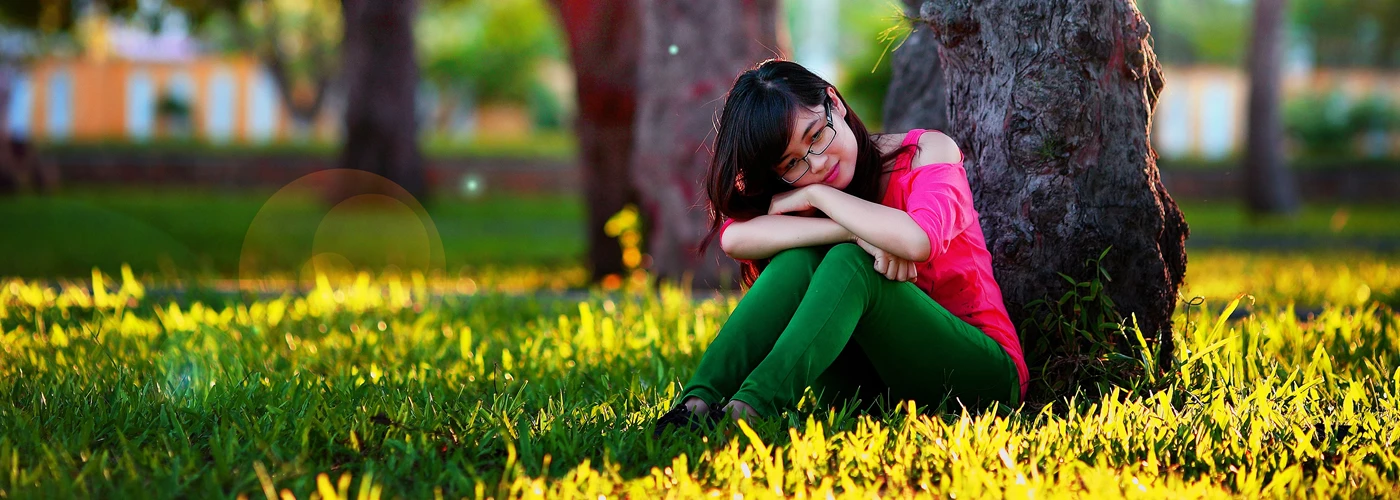Sexual problems and infertility are some of the most distressing problems faced by young women diagnosed with breast cancer. Although these issues are discussed more today than 10 years ago, the situation is still far from ideal. It is particularly difficult for young survivors to find expert help for either the psychosocial or medical aspects of these changes in their reproductive health.
In March of 2016, I attended the Young Survival Coalition Summit in Atlanta, a conference for women (and their loved ones) who have had breast cancer at a young age. I had an exhibit booth and asked women to fill out a short survey about their experiences in getting information and help with sexuality or fertility issues after their cancer diagnosis. It was a bit distracting for attendees, since my booth was right next to one sponsored by an upscale sex toy company, and most people wanted to try out the vibrators and lubes rather than filling out a questionnaire! I also publicized the survey online after the summit and got some additional responses, so in all, 55 women responded. Their experiences do not surprise me, because, sadly, they are very similar to other studies that have been published.
Who took the survey?
First, let’s look at some characteristics of our women: 43% were between the ages of 45 and 59, 15% were 30-44, and 22% were over age 60. However, many were long-term survivors: 38% were diagnosed with breast cancer more than 5 years ago and only 6% had just been diagnosed in the past year. These women were better educated than average, with 26% having a 4-year college degree and 47% a postgraduate degree. They also were 81% non-Hispanic white, 13% African American, and the rest were of other ethnic backgrounds. Most were currently married (72%) with another 15% living with a partner and the rest separated or divorced. So our group of women is very similar to the usual breast cancer survivor who fills out surveys online or at a conference: more white, well-educated, and married than the general population of the US.
What did we find?
One would think that these women would be pretty savvy about finding medical information, both from their oncology team and on the internet. But here is what we found: Over half of women (56%) were somewhat or very dissatisfied with the information or help they received about sexuality after cancer. Similarly, 57% of women who were concerned about fertility after cancer were somewhat or very dissatisfied with the information and help they received.
Only 23% of women got sexual information from their oncology team, although 40% of women concerned about fertility were given information.
Women were more likely to get help with sexual problems from a support group (47%), a breast cancer conference (45%--not surprising since the YSC Summit had sessions on sexuality), or a web site (38%).Sources of help on fertility included a breast cancer conference (40%), a support group (30%) or a web site (30%).
"One would think that these women would be pretty savvy about finding medical information, both from their oncology team and on the internet. But that wasn’t the case when it came to sex and fertility."
We asked female cancer survivors about barriers they faced getting help with sex or fertility issues. Importantly, the majority (58%) agreed that their oncology team did not bring up the topics of sexuality or fertility—and 27% agreed that it was uncomfortable to bring up these topics in a busy clinic. And of those brave women who did ask questions, 31% reported that their oncology team did not have helpful answers! Furthermore, 40% of women did not know how to find expert care for sex or fertility problems and 24% believed they could not afford to see a specialist even if they found one.
What’s next?
It is results like these that motivated me to work for many years on the programs that are now part of Will2Love, my digital health company offering online help for cancer-related problems with sexuality or fertility. I hope we can provide accurate, timely information for women with breast and other types of cancer, as well as guidance on finding expert, affordable care.
Will2Love is currently sponsoring a public health campaign: Bring It Up! Cancer, Sex, and Fertility with the goal of significantly increasing the number of discussions patients and professionals have about sex and fertility as part of cancer care.
We offer 3-step action plans separately for patients and for health care professionals to increase their comfort with having these conversations, to help them find appropriate resources to resolve problems, and more. In addition, we will be collaborating with the American Cancer Society later this summer on a trial of our online self-help programs, open to a wide variety of cancer survivors and partners. We also are training a group of patient advocates and licensed psychologists to provide coaching or counseling by videoconference as a part of Will2Love. I hope you will check out what we have to offer!
Please note: On Thursday, August 16 at 9PM EDT/6PM PDT Will2Love’s free August webinar will be held: The Sometimes Off the Beaten Path to Parenthood after Cancer. To register: https://zoom.us/webinar/register/c78f7a6f1dbc8471c5b9141539e44ee6
If you miss it, a recording will be available afterwards at https://www.Will2Love.com/webinars




